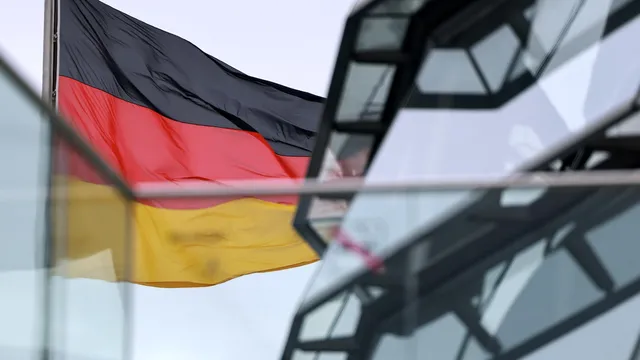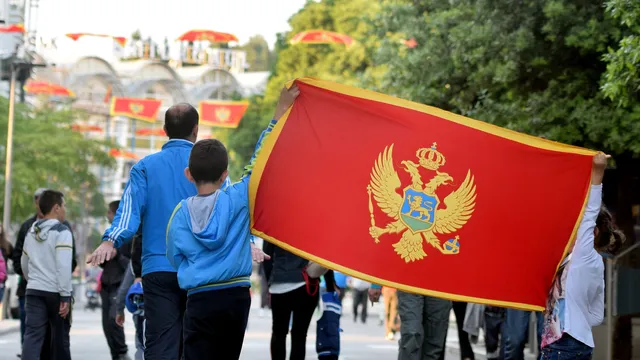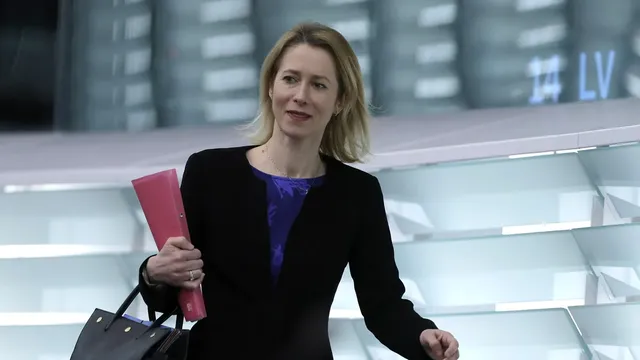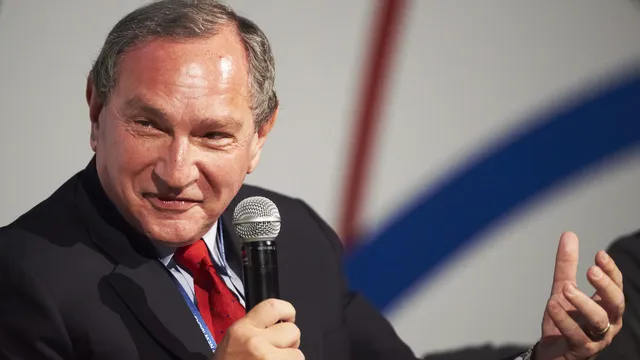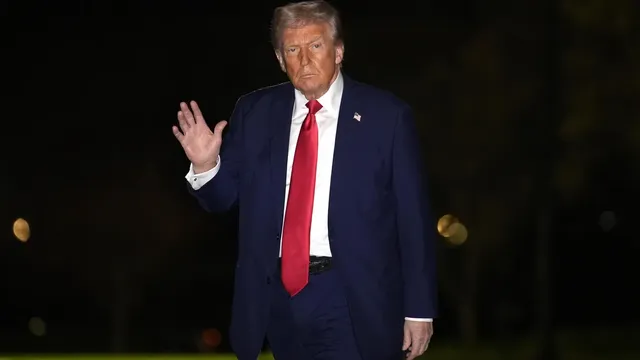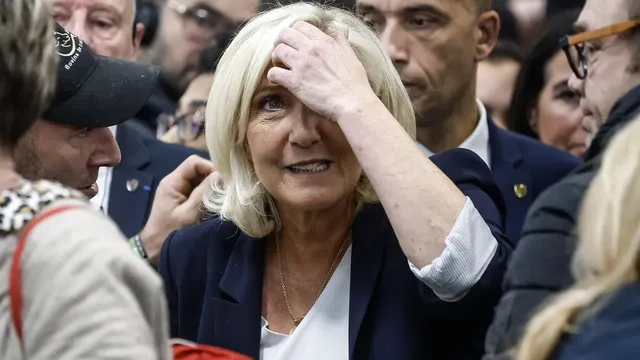On 23 February, Germans will have the opportunity to vote in elections, which are very much awaited in Brussels. Many hope Berlin will quickly return to its leading role in European Union affairs as the bloc faces a series of crises.
The bloc, suffering from insufficient economic growth and low competitiveness, has been rocked by US President Donald Trump threatening it with a trade war and reaching out to Russia to resolve the war in Ukraine.
"Sometimes we fear German leadership, but it is hard to live without it," one European diplomat told AFP.
The uncertainty in Germany adds to months of political turmoil in France, where a weakened President Emmanuel Macron in December appointed a fourth prime minister in just a year.
The Franco-German engine of the European Union is "unable to work" and take "important decisions" at a time when "it is more necessary than ever", argues Jan Werner, an analyst at the Jacques Delors Institute.
"We don't see much German engagement in current EU legislative activity," another diplomat complained.
The political vacuum is partially filled by other European powers.
Polish Prime Minister Donald Tusk, whose country currently holds the rotating presidency of the EU Council, is urging Brussels to do more to counter Russia, while Italian Prime Minister Giorgia Meloni has taken the lead on migration.
However, Germany's absence is always felt.
"Can the EU function without Germany and France? In the event of an emergency it would be possible, but it is better to act with France and Germany," a third diplomat noted.
The ripple effect
Sunday's vote will not solve the problem immediately, as Germany may not form a new government until spring.
Confident Christian Democratic Union leader Friedrich Merz Easter as a deadline. But the country's tough coalition talks usually drag on for weeks, if not months, spelling long periods of political paralysis.
Questions about the shape of the future coalition government are likely to delay key legislative projects at European level as well - from migration to defence funding and climate change, Werner said.
"All of Europe is watching this election," said Daniel Freund, a Green MEP, who deplored the current "lack of movement" in Berlin.
Some of his colleagues worry about the effect the vote could have on the political balance in the European Parliament.
Mertz's conservative CDU-HSS alliance belongs to the largest parliamentary group, the EPP, led by Germany's Manfred Weber, which even now shapes the agenda with the support of a loose alliance of centrists, social democrats and greens.
Last month the CDU/CSU passed a motion in the Bundestag calling for tougher measures against immigration, with the support of the far-right Alternative for Germany (AfD). Merz's political manoeuvre was reported as breaking a taboo in German politics.
"For me, the real question is to what extent what happened in Germany will have an impact on the outcome of the elections and what lessons the EPP representatives will draw from it," said Valerie Heyer, head of the centrist Renew group.
"Are they going to say that ... it was a losing strategy or, on the contrary, a winning strategy?" he added.
If the so-called "firewall" banning cooperation with the far right breaks down in Germany, "it will be impossible to apply it here," added Denmark's Anders Vistissen, an MEP from the far-right group Patriots for Europe. | BGNES, AFP

 Breaking news
Breaking news
 Europe
Europe
 Bulgaria
Bulgaria
